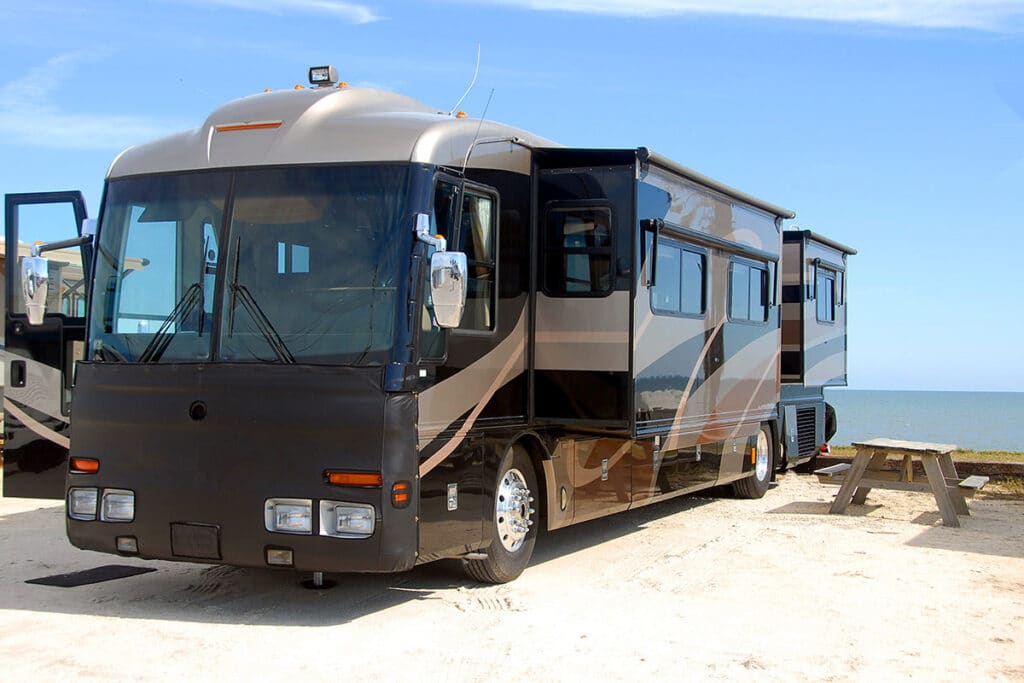- About Us
- Personal
- Commercial
- Auto Dealers Insurance
- National Flood Insurance Program
- Business Liability Insurance
- Commercial Auto Insurance
- Commercial Property
- Contractor’s Insurance
- Cyber Liability Insurance
- E & 0 Insurance
- Farm & Ranch Insurance
- Group Health Insurance
- Landlord Liability Insurance
- Liquor Liability Insurance
- Restaurant Insurance
- Worker’s Comp
- Life & Retirement
- Contact Us
Edit
About Us
We are an Independent Insurance Agency with 6 locations throughout Rhode Island. We proudly serve RI, MA & CT. Our approach focuses on listening to your concerns.
Contact info
- 328 Cowesett Avenue Suite 4 West Warwick, RI 02893 (401) 828-7946
- (401) 828-7946


